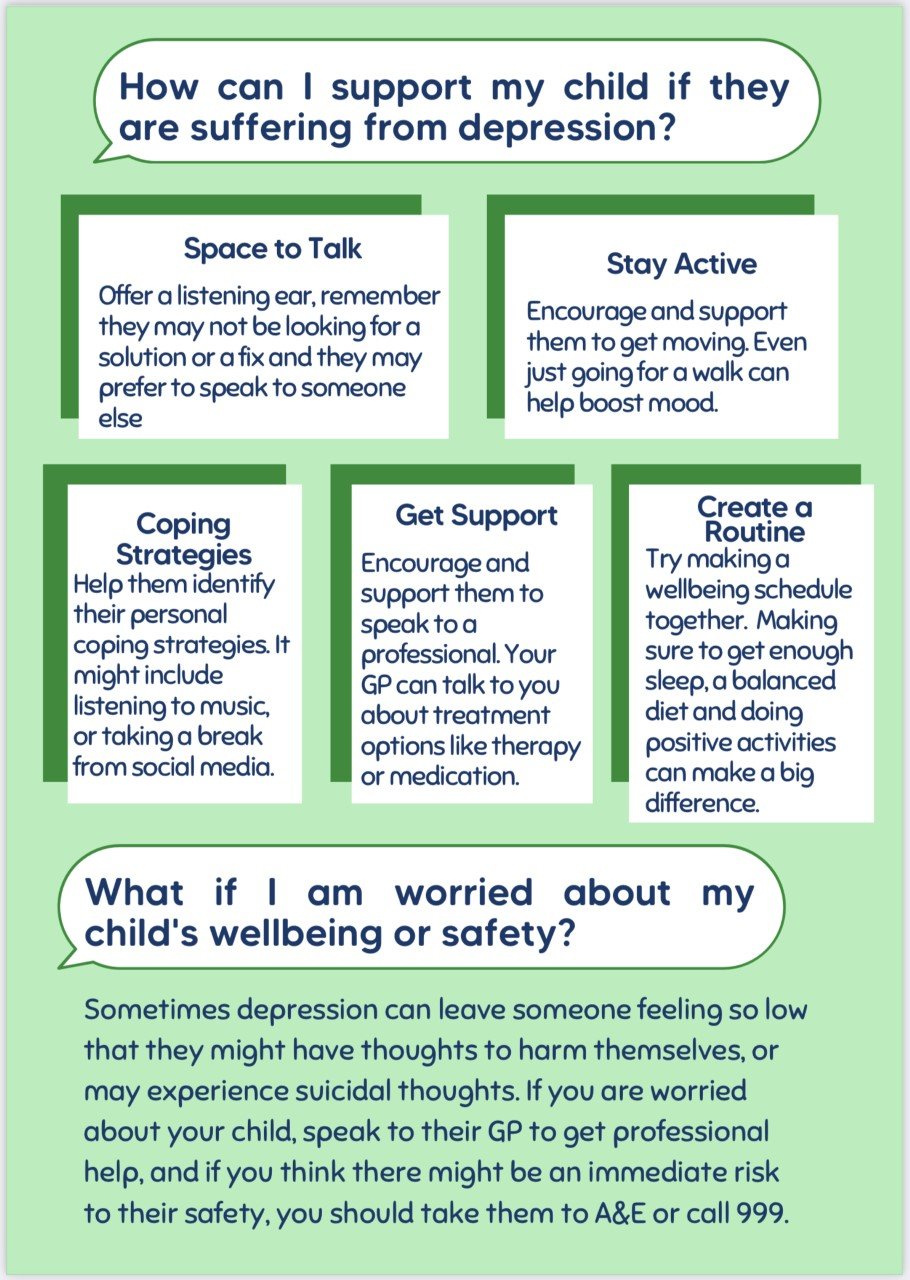Online Safety
Social Media Age Restrictions
The age limit for Tiktok, Instagram, Facebook, Snapchat and Twitter is 13.
In some countries, the ability to send and receive direct messages on Tiktok is restricted to registered accounts aged 16 and older. This is because of bullying, indecent exposure and anonymous/inappropriate comments, messages and contact.
Tiktok is considering making all users who are under 16 have private accounts.
It may be advised that parents do not allow their children to take devices to bed. It can cause increased screen time, tiredness for school and a lack of observation and awareness over what the child is seeing online.
Managing Mental Health
Dangers of Trends
Trends are fun, exciting and make you feel involved in current social media.
But most people who catalyse trends have large followings on social media (so they are highly influential) and are also commonly 16+ years old. It is important to think about how age appropriate trends are. If you watch someone much older than you doing a trend online, consider whether that trend would be appropriate for your age group.
Trends can also be very dangerous and misleading. Past and present trends have caused serious injury and even cost young users their lives.
Commonly, dangerous trends are set up by people who have bad intentions and who want to influence young and vulnerable users into doing ‘challenges’ that they would never do themselves.
Bullying / Trolling
Online bullying is more common than ever before. Most people can say that they have received nasty comments at least once before.
Trolling is a term used when a person intentionally upsets others on the internet. This can range from one nasty comment to consistent bullying against someone.
You should never post nasty comments about someone else online or via private message. Comments may mean a lot more to someone than they do to you and they can cause lots of damage to their mental health.
If you don’t like someone’s content it is much better to not comment at all - even unfollow them, than to comment something mean.
If you are receiving online trolling, always keep a record of it and don’t reply. Replying fuels trolls and will only make them engage more.
The most important thing to remember is that trolling ONLY shows a problem with the bully, not with you.
Protecting Your Information / Talking to Strangers
It is always important to keep your passwords and sensitive data private, except from your parents.
Change your passwords every now-and-again to make sure it is safe. Hackers can gain access to lots of information if they manage to guess your password.
Don’t use things like your name, age or birthday in your password. These are too commonly used and too easy to figure out.
Links aren’t always safe - check the URL: does it look right? Has a company text (such as Royal Mail) come from a legitimate named company or from a phone number? Are there any spelling mistakes in a link?
Be careful what you post online. Never post your address, school or any bank information.
Talking to strangers may feel safe and fun, but too often it has caused danger to users. Strangers can learn a scary amount about you from your social media. They can see who your friends are when you tag them, they can see what town you live in when you tag it. They can see what school you go to if you post a photo in your uniform and much more.
Strangers can also secretly be very manipulative and get you to give up information about yourself in a casual conversation. You must be aware of the possible intentions people may have when chatting online.
If a stranger speaks to you online and is persistent or pressurising, you must tell a parent or adult immediately. It is not your fault if you have received messages from a stranger, so it isn’t embarrassing or wrong to let an adult know.
You must realise that you can never really know who you are speaking to when you talk to strangers online. Fake profiles are very easy to make and strangers can lie about their entire identity.
Staying Safe from Strangers Talking to Your Child About Online Safety
Other Useful Links
https://www.nspcc.org.uk/ https://youngminds.org.uk/ https://www.actionforchildren.org.uk/
https://safeguarding.dudley.gov.uk/safeguarding/ https://www.internetmatters.org/



















